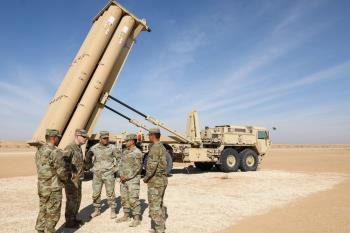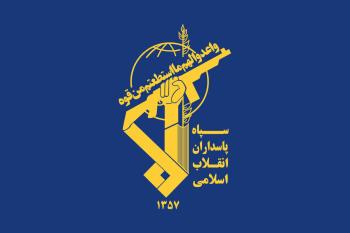Alwaght- In past few weeks Iraq has undergone new developments. While fighting ISIS, which has occupied nearly half of Iraq, the Iraqi politicians has been surprised by a new crisis which has compounded the country’s already-despairing internal issues and conditions. This year’s frequent power outages across the country, as a result of extremely hot weather, have flared up demonstrations, bringing people to the streets to protest poor public services provision.
However, the demonstrator’s demands moved beyond simply asking for public service improvements and took new scopes and paths which included demands for fighting corruption and reforming the country’s political mechanism. Having the top clergy support and asking for consideration of people’s demands, the protest have drawn PM al-Abadi’s remarkable reforms and shakeouts inside the government structure.
Reforms
The new reforms become of significant importance as attention is paid to their implementation circumstances and the challenges they have ahead. Including a variety of items and promptly passed by parliament, the reforms have been the biggest shake-out in Iraq’s political system since 2003. According to reform package presented by the PM, three vice presidents and three deputy PM Posts are removed, a step taken to eliminate posts having influential figures. Ministry reshuffles and integrations were also taken place. The planning and finance ministries have been merged. Moreover, water affairs, agriculture and environment ministries have integrated into health ministry. The reform bill also empower the PM to change governors and local officials, those who have special leverages, particularly in some regions that transcend the government mandates. Additionally, the politicians no longer enjoy laws that provide them with personal bodyguards. The package also exerts fundamental reforms on Iraq’s judicial system.
Challenges
Despite the fact that Iraqi PM enjoys a considerable backup by the clergymen, people and political groups, there are challenges ahead of him which make the reform’s success and efficiency doubted. The first major issue is the form of Iraq’s political system. Iraqi political structure is based on decentralization and consensuality of major and even minor decisions on the one hand, and parliament’s supremacy and dominion over the government and post- sharing on the other hand that make it very difficult for the PM to take firm and uninterrupted steps for reforms.
The second challenge is the government bureaucratic system which leads in huge financial wastes, resulting in more government deficiency. The outcome of such faulty mechanism is widespread corruption and people’s pessimism.
The third issue faced by Iraq is ISIS terrorist group as the country keeps fighting this terrorist group. Consequently the government naturally directs its focus, power and resources to security issues rather than social and economic areas of service. The government spends a huge amount of its income to meet the needs of the military, security forces and public mobilization forces. The Iraq war situation has also left millions of people displaced, and has destroyed the country’s infrastructures. All these have increased the government financial burdens.
Reduced oil prices have also added to Iraq’s troubles. Falling oil prices has remarkably decreased government’s revenues, caused budget deficit, led to a slow-down in public services supply and blocked the road of long-term investments.
Another hurdle in the road of reforms is the interested politicians who could oppose the reform process and practically obstruct its efficiency.
Solution
Generally, to tackle numerous issues Iraq is facing with, e.g. ISIS's existential threat, cooperation and contribution of the people, parliament, political groups, security forces and especially the clergymen is necessary. All these groups could stand by the government with a view to help the government to implement the reforms and get the required results. However, disregarding people’s demands could be as harmful as other challenges to the country. So, any dismissal of cases demanded by protesters and mismanagement in government could result in political tensions, abuse of the country’s tense situation by Iraq’s internal and external enemies and even more deteriorated circumstances in Iraq.


























